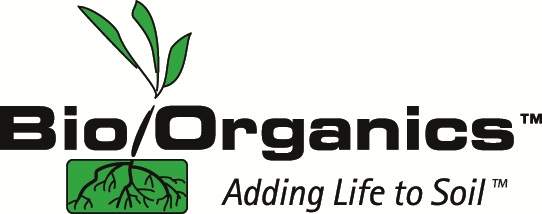Many years ago I used to set up a booth at farm and vineyard trade shows, sort of a missionary for bio-methods, where I would answer questions about mycorrhizae and have discussions with all different kinds of growers. While I doubt that those long days ever paid off with enough orders to cover the costs, it did provide an education and some memorable conversations.
I recall one tomato grower, from somewhere near Sacramento, who told me that he had converted one of his many fields to organic a few years back. As he put it, "I got curious, and it looked like organic was starting to become a big deal for some grocery buyers. The first two seasons the yields in that field were a lot lower, but in the third year I started to see a real difference in the soil and the plants really took off. That was a bad year for disease, but there wasn't a hint of disease in the organic field and it had the best production. You could stand on the road between the fields and see how much healthier the organic plants looked."
I asked, "What made you keep the field organic after two years of losing profits on it?"
He said, "Well, to begin with I'm kind of stubborn. And the more I learned about organic growing and soil improvement, the more sense it made. I'm going to convert the rest of my acreage to organic now, one field at a time. But it's really not about money - I guess I started thinking that it's just the right thing to do, even though it's more work."
That last phrase has always stuck with me. I think it's wonderful that there are still some people who will make decisions because, "It's just the right thing to do."
Under what is called "conventional agriculture" farm fields are viewed as areas of inert dirt, to be tilled and reused year after year with nothing much added beyond major-element NPK fertilizers ("complete" fertilizers to the industry's marketing people). That is certainly the most profitable short-term approach - but such soils can gradually lose their essential living organisms and/or humic elements, leading to compaction and increased disease-insect problems. I believe this is the most important argument for using organic, sustainable, growing methods - to keep farm soils healthy and productive for generations to come.
Organic methods of growing might not pencil out right away, and not many old-school farm advisors will be helpful, but the information is out there for growers who want to get off of all-chemical routines. Your local ag university's extension service might be a good starting point - but realize that some agents are a lot more progressive than others.
First, of course, you need to feel that it's the right thing to do.
Thanks, and good growing!
Don Chapman
President, BioOrganics
